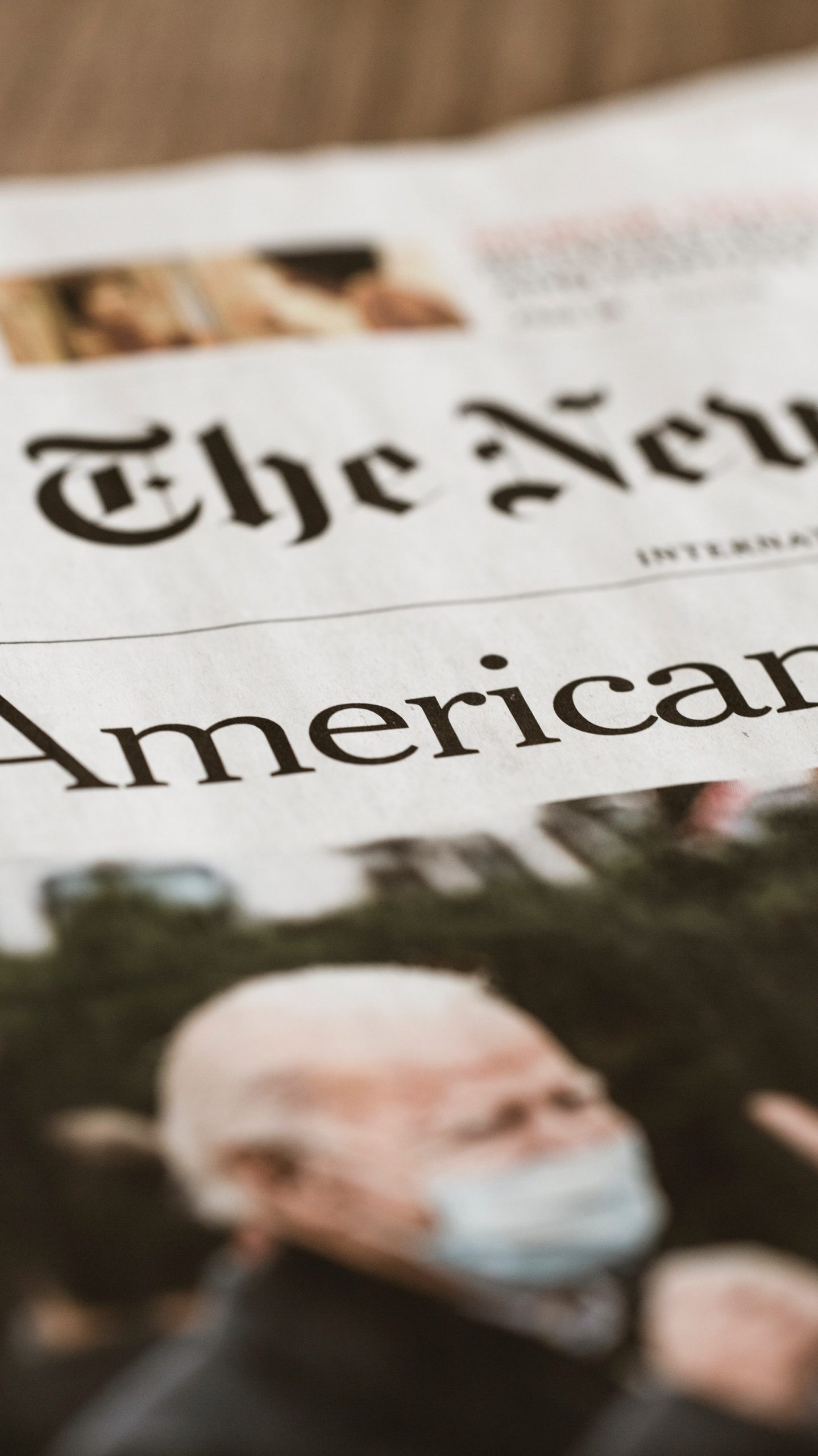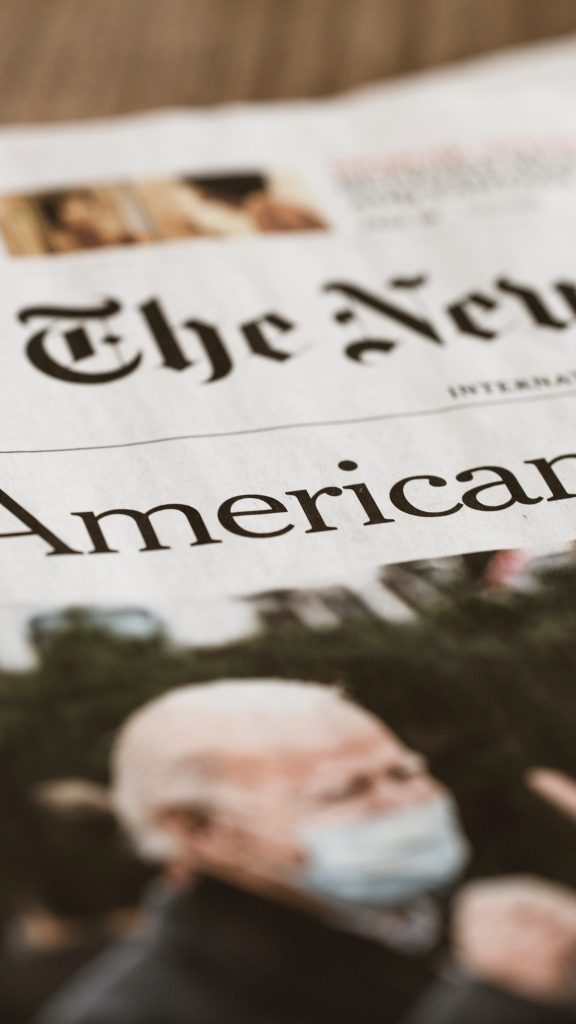

In December of 2016, shortly before the presidential inauguration, a story appeared in the Washington Post about an electric utility in Vermont being hacked by Russians, threatening the entire U.S. electric grid. The version of the story that is now on the Post’s web site is different from the original. That’s because, over the course of a few weeks, the story was discovered to be largely wrong.
The electric grid was not threatened. The utility involved was not hacked; what was hacked was a laptop of a utility employee. The original story was even more unusual because it had no reference or comment by the utility itself, which had not been contacted by the reporter. It’s standard, basic reporting that all journalists are (supposedly) taught: you contact the victim and ask for a comment or response. If none is forthcoming, you say “the subject declined to comment.”
You write a story about a utility being hacked by Russians, threatening the U.S. electric grid, and you don’t ask the utility for its explanation of what happened? And you heard about the story in the first place from an anonymous official in the outgoing presidential administration?
The story did fit the Russian collusion and election interference narrative that had rapidly taken hold in the U.S. news media. It went something like this: the 2016 presidential election had been stolen from Hillary Clinton; the Russians had subverted Facebook and flooded the site with fake news and advertising to make Donald Trump was elected. Over the course of next many months and years, this became one of the leading narrative strains in American journalism, fed by leaks all over Washington, including by Adam Schiff, chairman of the House Intelligence Committee, who publicly claimed there was “incontrovertible proof” of Trump’s collusion with the Russians.
Except there wasn’t. The Mueller investigation found no such evidence, despite headlines for months. The Steele Dossier, published in all its salacious glory by Buzzfeed, turns out to be fiction. The Washington Post has corrected and removed parts of two stories regarding the infamous Dossier. It now appears that the Dossier was paid for by operatives associated with the Democratic Party and the Clinton Campaign.
To be fair to the media, it took a lot more than the press to keep this narrative fed and alive. Like an FBI that knew better. Like cheerleaders from the CIA and National Security Agency. And like a lot more.
You might hate or dislike Donald Trump for a lot of reasons, including those that are valid, but Russian collusion is no longer “operative.”
The news media put the United States through political and cultural upheaval for four years by advancing the collusion narrative. Trump Derangement Syndrome was and is not fiction; the national news media is Exhibit No. 1. The media was so besotted with its hatred of Trump that it abandoned its own standards of integrity. There were opportunities to do reality checks, and they were disregarded. The media took the brakes off and left them off, and now the vehicle has crashed.
Historians will likely spend decades sorting through the wreckage of trust. In my own case, there are columnists I now routinely ignore. I discount any news story with a Washington Post, New York Times, or Associated Press byline; if I read them, I deconstruct the sentences and phrases while I read to identify the bias. CNN and MSNBC pushed the collusion narrative harder than almost everyone, but they weren’t alone.
In 2018, the Pulitzer Prize for national reporting was shared by The New York Times and Washington Post for “deeply sourced, relentlessly reported coverage in the public interest that dramatically furthered the nation’s understanding of Russian interference in the 2016 presidential election and its connections to the Trump campaign, the President-elect’s transition team and his eventual administration.”
How would you like to win a top prize for something that never happened? How would you like to be on the committee that determined who won that award? How would like to be among the millions or readers who followed those stories and trusted them?
In this series:
A Conversation About Journalism.
Is the Lack of Local News Polarizing America?
Photograph by Markus Spiske via Unsplash. Used with permission.

I’m with you Glynn. I was so tired of hearing the lies and now that it is proven even more so. I always thought Clinton was dirty and now I’m even more convinced. She put personal pride and need ahead of honesty and integrity. I have no faith in CNN and MSNBC and if possible would wipe them off my cable. They need to apologize and get rid of those who colluded and continue to pass on the narrative of Russian collusion. I hope Durham stays the course and gets to the truth and totally discounts all those involved. (Good luck with that). The pandering media talking heads (empty vacuous people that they are) need to acknowledge and apologize for their stupidity and gullibility to untruth. Okay…’nuff said.